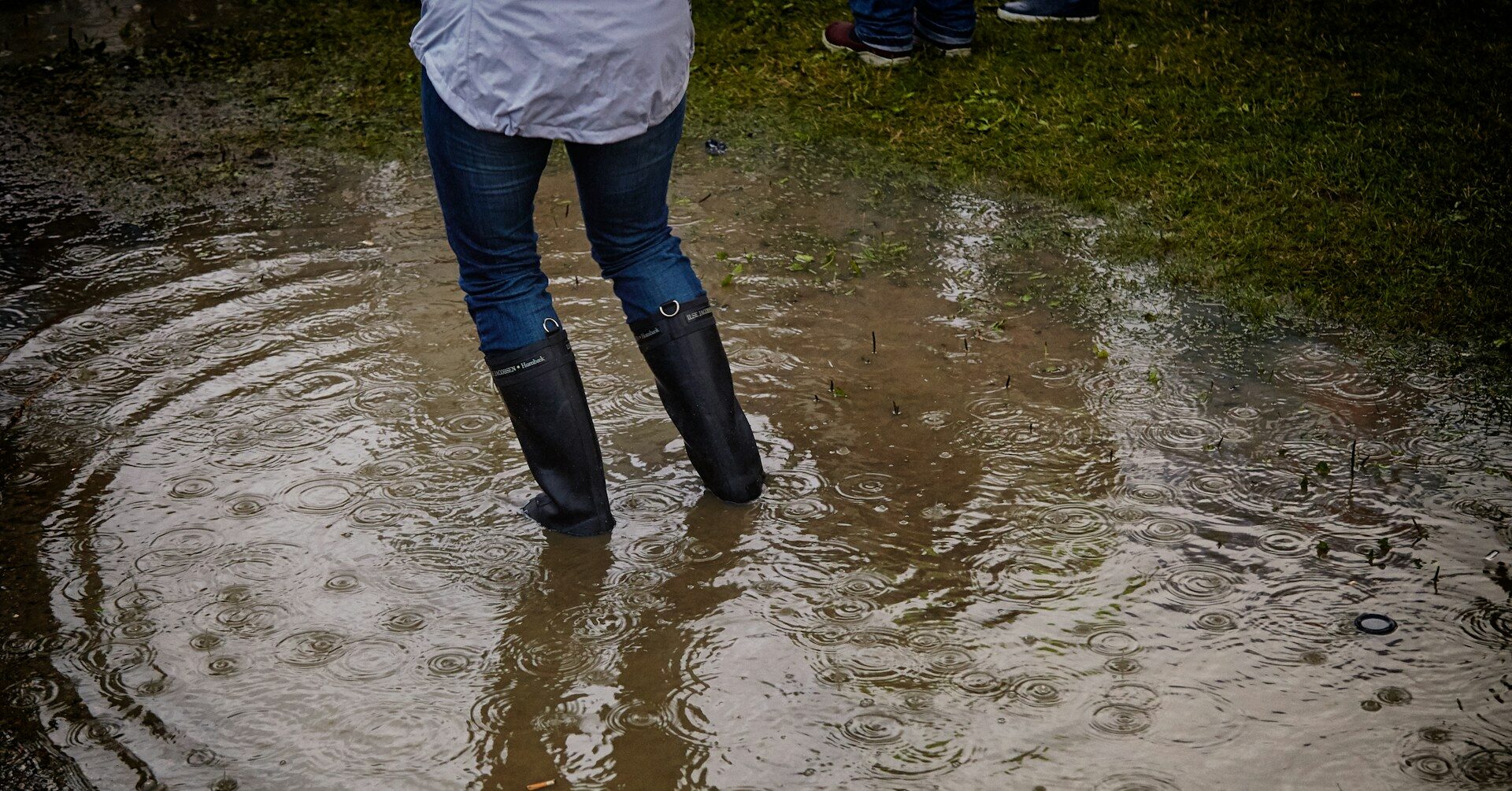The Government has laid out its long-term approach to prepare New Zealand for the changing climate ahead.
The just-released National Adaptation Framework aims to ensure people know what climate change-related risks they face and what the plan is to address them.
Actions include developing a National Flood Map, and reforming NZ’s science sector so that it is more responsive to priorities like adapting to national hazards.
The Science Media Centre asked experts to respond to the document.
Dr David Hall, Senior Lecturer in Climate Action, AUT, comments:
“Today’s announcement of a National Adaptation Framework is an important step forward but the framework does leave some questions unanswered. There are important questions to be answered around sharing of costs and benefits across society and more clarity is needed around which sectors carry which burden.
“The emphasis on climate and hazard data and information is exceptionally important but in the context of withdrawal of funding for research organisations, there’s a paradox there that needs to be addressed. Does that mean there is going to be new funding available for adaptation and hazard related outcomes, or are we within a constrained space for research?”
Conflict of interest statement: “Dr Hall was an independent special advisor for the finance and expenditure committee inquiry into climate adaptation, which provided input into New Zealand’s Adaptation Framework process. He has been speaking at the Adaptation Futures 2025 conference in Ōtautahi Christchurch. Dr Hall is also Policy Director of Toha Network.”
Dr Nick Cradock-Henry, Principal Scientist, Earth Sciences New Zealand, comments:
“This week, Ōtautahi Christchurch has hosted nearly two thousand adaptation policymakers, practitioners, and scientists to connect, learn, and help accelerate action in the face of our changing climate. The message from the Adaptation Futures conference is clear: there is an urgent need to accelerate effective adaptation now.
“This means not just adaptation that works, but that bridges the gap between top-down and bottom-up approaches – creating stronger links between formal planning frameworks and national directives, and community-led, values-oriented, and place-based solutions that reflect local realities and complexities.
“The release of New Zealand’s National Adaptation Framework marks an important next step in turning ambition into coordinated action. Coming on the heels of Adaptation Futures, it signals growing momentum to translate global dialogue into national delivery.
“The Framework strengthens the foundations for a more climate-resilient Aotearoa through four key pillars:
- improving risk and response information-sharing;
- clarifying roles and responsibilities;
- investing in risk reduction; and
- developing fair, transparent approaches to cost-sharing before and after climate events.
“Together, these actions create a more coherent pathway for adaptation and should help to science, policy, and communities to build resilience where it matters most. It represents a critical step forward.
“But we must also continue to confront the difficult trade-offs that lie ahead. We need to ask: Where is adaptation still feasible? When do we need to shift from incremental to transformational changes? And how do we ensure that these transitions are fair and just?
“Finally, adaptation must go hand-in-hand with aggressive and sustained emissions reductions. Every additional degree of warming locks the world into an increasingly unsustainable future, marked by higher temperatures, more frequent and severe storms, and deepening social and economic disruption.
“Adaptation that endures beyond short-term projects and reactive responses – that benefits those most exposed and least resourced, that is culturally grounded in local knowledge, values, and relationships, and that, where necessary, is transformational – is the challenge we must now address head-on.”
Conflict of interest statement: Dr Nick Cradock-Henry was on the Organising Committee for the Adaptation Futures 2025 Conference, and leads MBIE Endeavour funded research on climate change adaptation.
